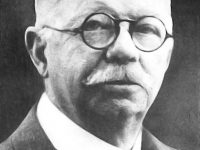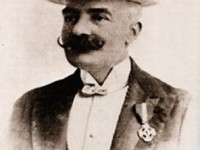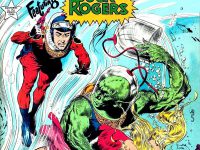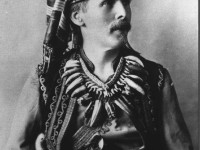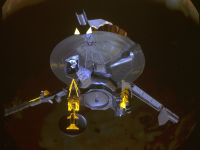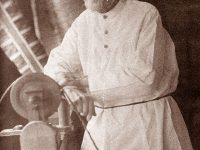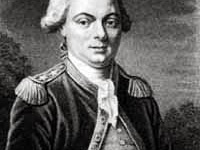Around the World in 80 Days
On January 30, 1873, Jules Verne‘s famous novel ‘Around the World in 80 Days‘ (Le tour du monde en quatre-vingts jours) was published by Pierre-Jules Hetzel in Paris, France. It is one of Jules Verne‘s most acclaimed stories, where Phileas Fogg of London and his newly employed French valet Passepartout attempt to circumnavigate the world in 80 days only on a £20,000 wager set by his friends at the London Reform Club.…
Read more


